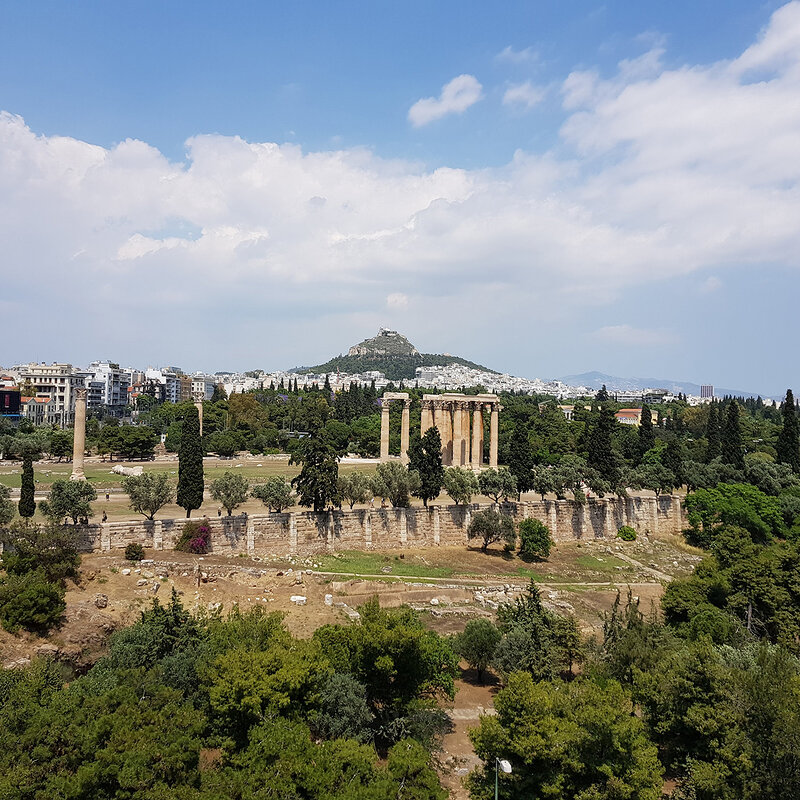About this tour
Following the main theme of the course, which attempts to decipher historical and popular views on national unity and diversity, this Study Tour helps you locate contemporary issues of belonging, integration, and discrimination into wider European perspective. This is why the tour takes place in the ‘peripheries’ of the EU; namely Greece, a country which is not historically contested in terms of nation-building but which has been challenged in terms of integration in the wake of the ‘refugee crisis’ of the past ten years. The tour is specifically designed for you to better understand center vs. periphery dynamics through visiting two cities in the country: Athens — a city which is widely imagined as the eternal ancient capital of Greece, and Thessaloniki — which was of the most important urban centers of the region for centuries before the Greek independence. You will have a first-hand opportunity to observe the demographic composition and transformation of Greece through engaging with the stories of the migrants, and the past and present refugees who made these two cities their homes.
Learning outcomes
- To understand the recent history of Greece in relation to making of modern European borders
- To compare and contrast Denmark, a country often imagined as homogenous, with Greece, where the local population is diverse in terms of language, ethnicity, and religion
- To put issues of belonging in comparative perspective between centers (i.e. Copenhagen and Athens) with peripheries (i.e. Sønderborg and Thessaloniki)
Possible activities
- Meetings with refugee experts based in Thessaloniki, which is located at the border of EU and NATO
- Meetings with ‘local’ Muslim communities of Greece to discuss the wider imaginations about and the practical implications of Christian Greek identity
- Meetings with urban historians in both cities to better understand the histories of migration to and from the country
- Visit to the Jewish Museum in Thessaloniki to compare the histories of WWII in Denmark and Greece

